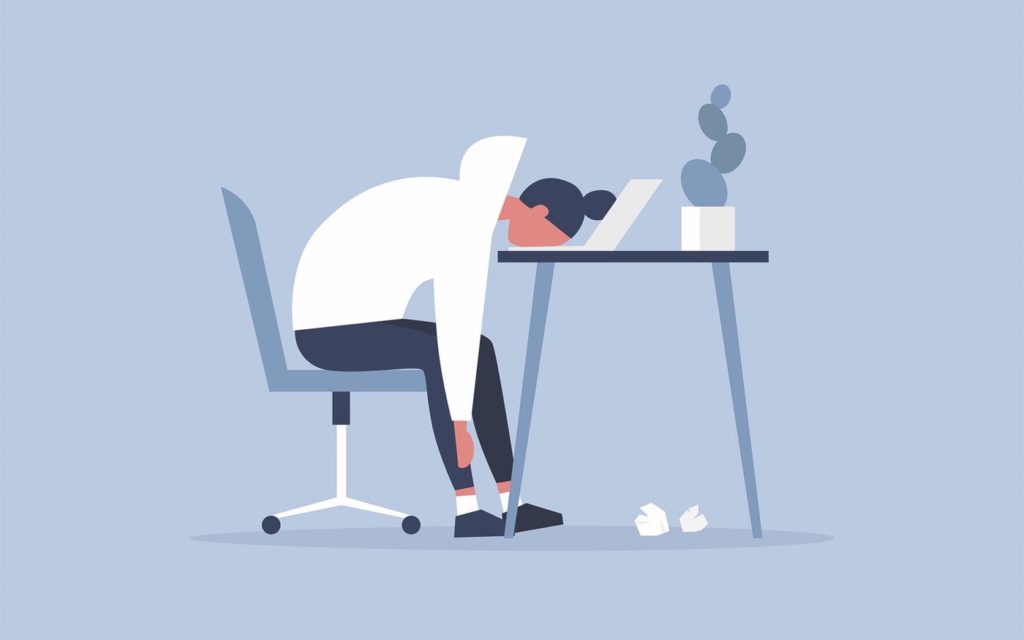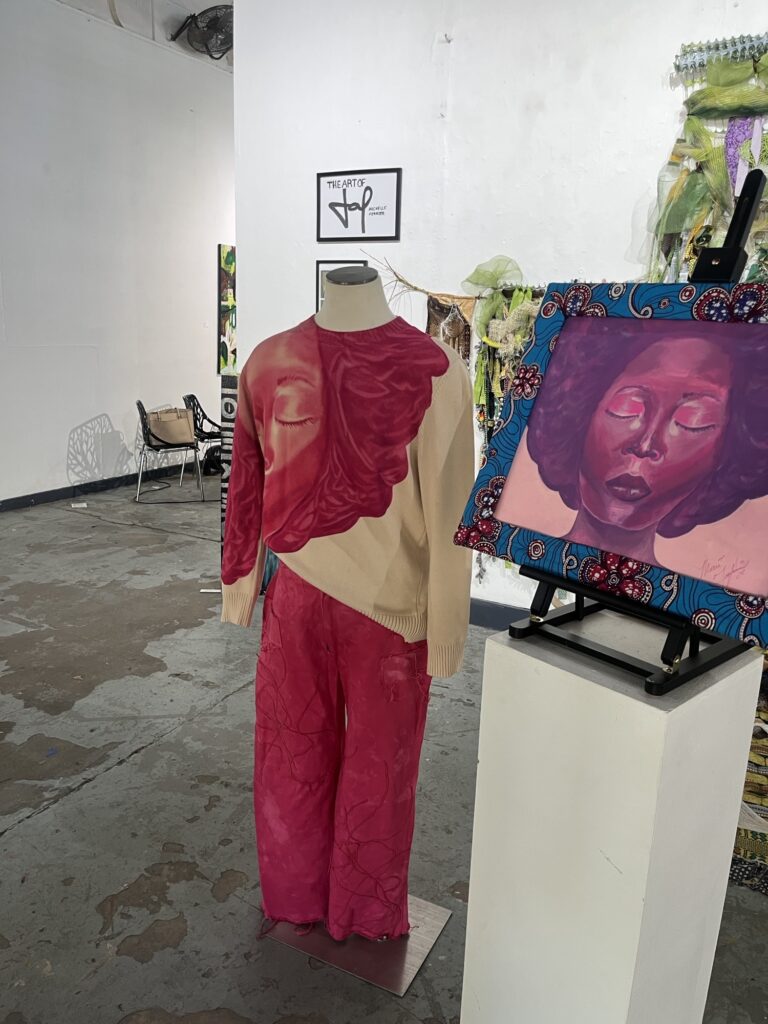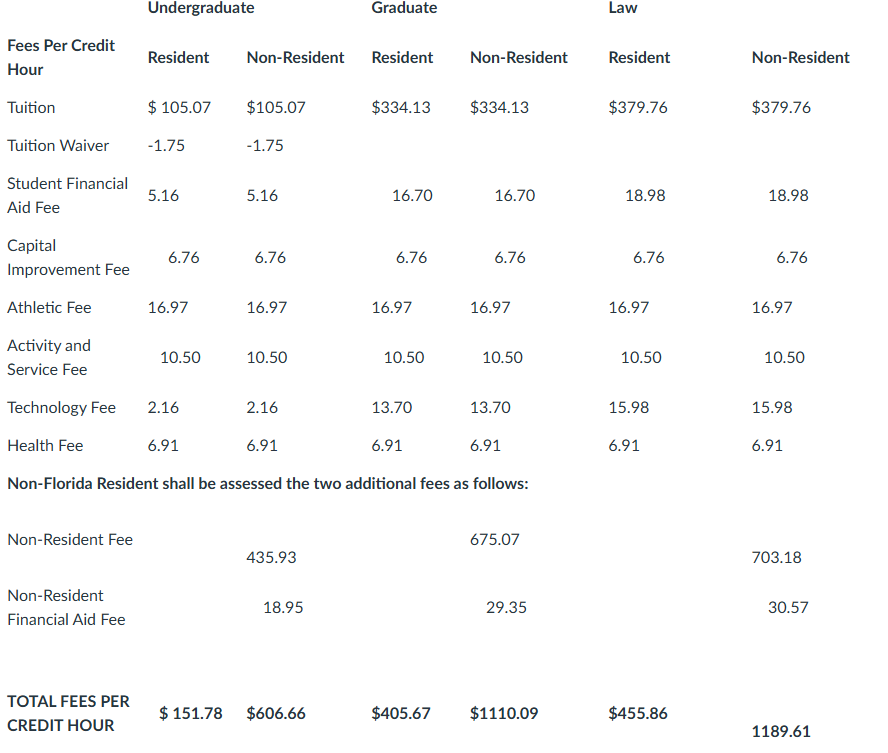Pandemic isolation has derailed social interactions and as students navigate unprecedented territory, Twitter has transformed into a real-time snapshot of how students are handling the harrowing effects of COVID-19. For school campuses that opened in the fall, the social platform is a daily document of crowded hallways violating health protocols, hounding virtual dress code regulations and students gathering en masse for a disillusioned sense of normalcy.
From Twitter alone, it is evident that COVID-19 has placed extortionate pressure on the academic wellness of many students. On the social site lies an overwhelming consensus that many students are suffering from a drained academic psyche and long for an indefinite sabbatical from school.
Last spring, Florida A&M University students experienced an abrupt transition to remote-only learning. On March 14, two days prior to their spring break, President Robinson issued a university state of emergency announcing that classes will be moved to online two weeks following the break due to COVID-19. Just three days later, in suit with the nation’s seismic shifts for the pandemic, all courses were moved remotely for the remainder of the semester. Faculty and students both toggling the nebulous gray areas of hastily transforming in-person lectures into Zoom meetings segued to a student body call for adequate accommodations.
Students took to Twitter to petition for the implementation of a pass-fail grading policy in the spring. It proposed that the traditional grading system be supplanted by a pass-fail system that indicated whether a student passed a course without affecting GPAs for the semester. Through social media and GroupMe, a mobile group messaging app favored by students, over 4,000 signatures were accumulated in under four days.
With pushback from those preparing for grad school or working towards a higher GPA, the university created an equitable modification to the grading policy. The Satisfactory/Unsatisfactory (S/U) system allowed students to select which eligible courses they wanted to receive an S/U waiver for the spring semester. Now, the interest in this grading policy has returned to Twitter as students voice their qualms with virtual learning and Andrew Chiwara is spearheading it all.
Chiwara, who started the spring petition, says he started a fall version because “the virus simply hasn’t left us.”
“I feel like we should have the same safety net that we had during the spring semester,” said the junior agribusiness student.
University faculty announced at a recent university town hall that as of late the S/U option will not be available this semester even as many students are struggling with what they believe is their worst semester yet.
“I would say this has been my worst semester academically only because I don’t feel as if I’m learning as much as I would have if my schedule was in person,” the 19-year-old said.
Khedgen Willis, a second-year public relations student, said learning via Zoom has not only dampened his morale for academics and class engagement but has revealed that students aren’t solely stumbling during the adjustment period. Professors are also bearing the brunt of teaching a semester-long curriculum designed for in-person.
“The virtual classes feel forced and very unorganized. Most teachers don’t understand the technology or how to cater to students because things are unprecedented,” the Polk County native said.
Ashley Laurent, a senior, sympathizes with professors struggling to teach remotely but she also recognizes how combating an unorganized course load and prioritizing submitting assignments rather than retaining material places her grades in grave danger.
“It doesn’t actually feel like I’m learning from any of my classes right now because some professors are either being too strict about virtual learning in order to be organized,” the music industry student said. “That’s not their fault. No one knew we were going to be doing virtual schools in the fall.”
Atop his academic stressors, Willis is also scavenging for a job to remain afloat in the pandemic which he says intensifies the stress of balancing school and reality.
“I have been in search of a job to handle my personal obligations but unfortunately, due to the pandemic, jobs aren’t able to be fully staffed,” Willis said. “It has been very rough trying to balance everything with an external stressor.”
Laurent also faces the gruesome downside of trying to maintain financial stability without a decreased cost of attendance relieving the burden.
“The financial pressures that I am faced with during this pandemic is the fact that prices are increasing for anything we need in order to survive,” she said. “I couldn’t even buy all of the books that I needed for my classes due to the fact I’m struggling with my own medical bills.”
Like many students looking for a semblance of compassion, Laurent says if she could talk to university officials regarding the S/U grading system she would ask them “if they would want the same thing if they were in [students’] shoes during this current time.”















